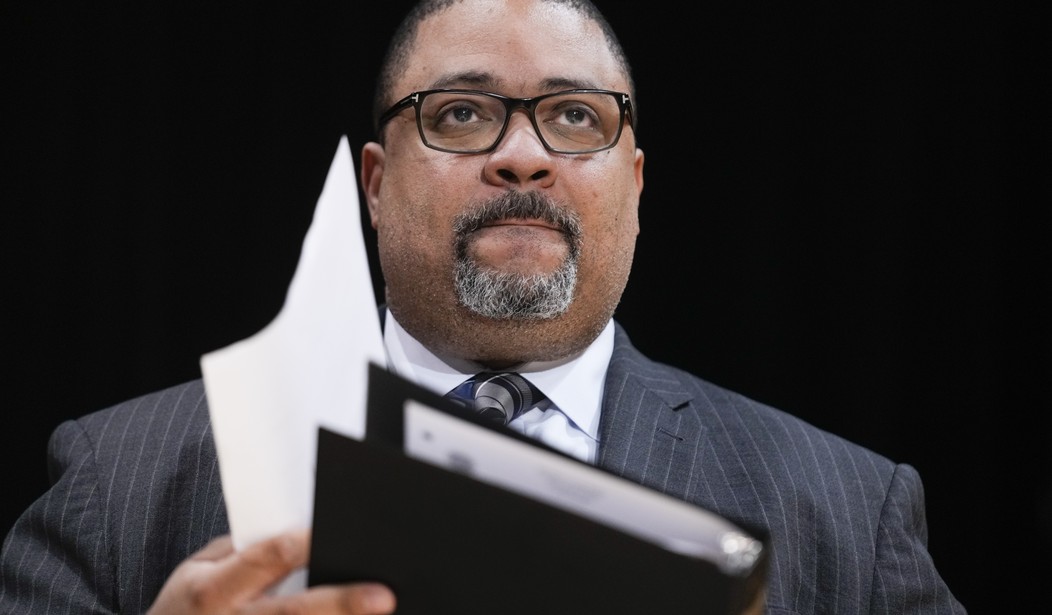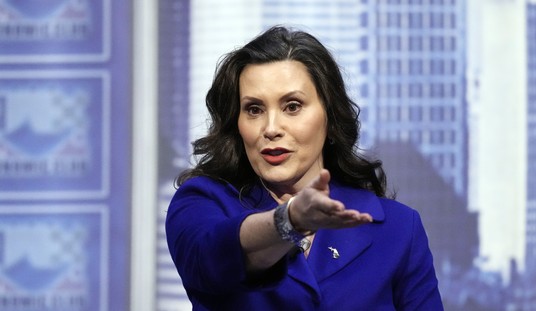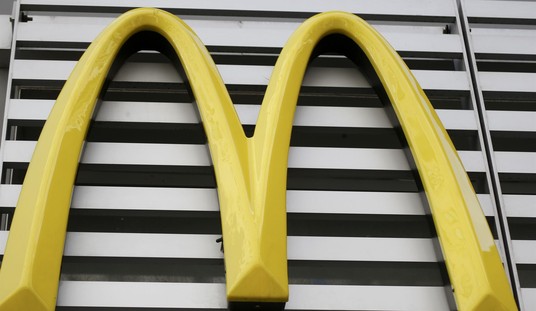It's hardly surprising that the Manhattan District Attorney's office is opposing former President Donald Trump's bid to have his May 30 conviction on 34 counts of falsified business records set aside following the Supreme Court's presidential immunity ruling. But we now know precisely what their arguments in opposition to Trump's post-trial motion are.
In a 69-page memo filed Wednesday and made public Thursday, Manhattan District Attorney Alvin Bragg and prosecutors from his office called Trump's effort "meritless," writing that the Supreme Court's decision "has no bearing on this prosecution and would not support [vacating] the jury's unanimous verdict."
...
The Supreme Court's July 1 ruling barred evidence involving a president's official acts from being used in prosecutions, even if the charges involve unofficial activity. Trump was convicted in May of 34 counts of falsification of business records as part of a scheme to cover up reimbursements for a "hush money" payment to an adult film star shortly before the 2016 election.
Trump's lawyers argued in a filing earlier this month that much of the testimony and evidence introduced at trial that related to Trump's time in office should not have been allowed. That material included testimony by former White House communications director Hope Hicks, former director of Oval Office operations Madeleine Westerhout, Trump's tweets during his presidency and his disclosures to the Office Of Government Ethics.
But prosecutors claimed Wednesday that very little of the evidence related to Trump's official acts, saying any that did were "harmless error" that should not derail a case that included 22 witnesses and reams of documents.
They cited a pretrial ruling related to the case in which a federal judge rejected arguments that the evidence had anything to do with official acts, calling the matter "a personal item of the president."
Following the guilty verdict, the sentencing for the former president was originally set for July 11. However, that date got pushed back by Judge Juan Merchan, whose July 2 order set September 6 as the deadline for his ruling on the post-trial motion and September 18 as the sentencing date – if necessary.
Shortly after the Supreme Court's landmark ruling on presidential immunity was handed down, Trump's legal team moved to have the conviction set aside, arguing that much of the evidence the prosecution relied on in the case was protected by presidential immunity and should be excluded under that ruling, including a government ethics form, some of Trump's social media posts made while in office, and testimony from his White House aides.
UPDATE: Trump's Sentencing in Manhattan Case Delayed
Until September—After GOP Convention
The basic thrust of the prosecution's 69-page memorandum in opposition to the motion is that Trump's legal team didn't properly preserve all of the issues raised, the challenged evidence doesn't qualify as "official acts evidence," and even if some of it does, its admission at trial was harmless.
Throughout the trial, Judge Juan Merchan made rulings that appeared to favor the prosecution, allowing in witness testimony and evidence that seemingly had little relevance to the actual charges and employing jury instructions that appeared to give the jury a roving commission in determining exactly what the nature of Trump's criminal acts even were. With the immunity ruling as well as other arguments made by Trump's legal team post-trial, Merchan will now have to determine whether and to what extent there was error in the case warranting a new trial. I won't hold my breath expecting him to grant one...but we live in very strange times, so who knows?














Join the conversation as a VIP Member